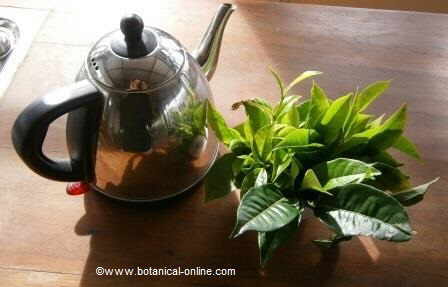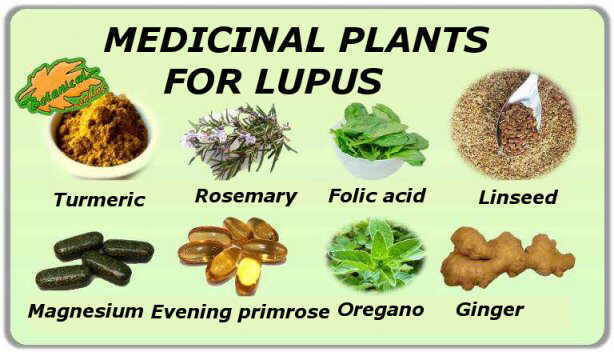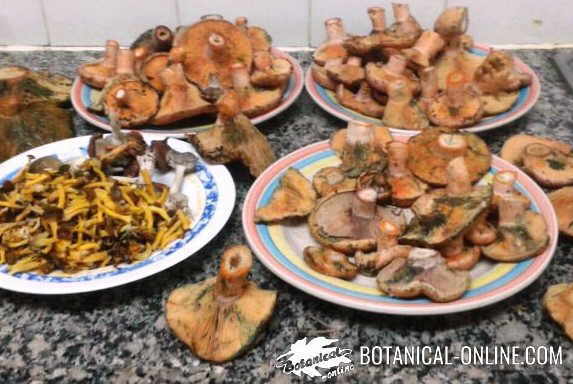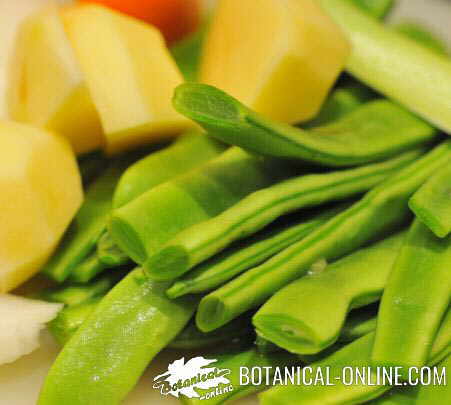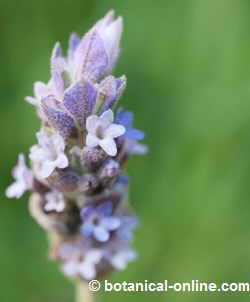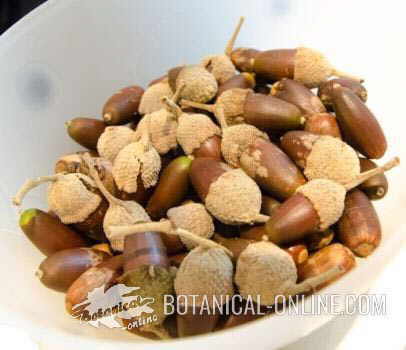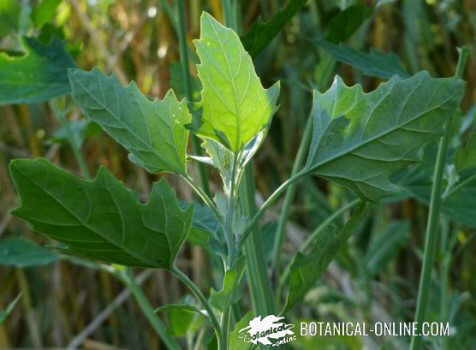Contents
Herbal treatment of vaginal infections
Phytotherapy. Medicinal plants preparations for vaginal infections.
Phytotherapy in the treatment of vaginal infections involves the use of a number of plants that are intended to:
– Antibiotic plants that help prevent or eliminate infections.
– Anti-inflammatory plants that help to decrease inflammatory irritation.
– Plants that help increase immunity.
Home remedies with medicinal plants for vaginal infections
Among all the plants we can mention:
– Calendula (Calendula officinalis and Calendula arvensis) Calendula has antibiotic properties. Its use can prevent the development of infections and help healing. (Make a suppository with a little gauze soaked the liquid from an infusion of a spoonful of dried plant per cup of water).
– Licorice (Glycyrrhiza glabra) Vaginal cleansing with liquid from licorice decoction helps eliminate microorganisms. (Decoction of a piece of dried root for 15 minutes) (It may be interesting to strengthen immunity to drink the liquid from the decoction of a teaspoon of crushed dried root per cup of water from time to time)
– Goldenrod (Solidago virgaurea) The plant contains saponins with antifungal properties against Candida albicans, which causes many vaginal infections. (Infusion of flowering tops 1 teaspoon per cup, let stand 5 minutes. Take 3 times a day).
– Aronia (Aronia melanocarpa) Being antibacterial, aronia juice can be suitable for vaginal infections (Drink aronia juice)
– Walnut (Juglans regia) A vaginal wash with the liquid resulting from a 10% infusion of dried leaves in a liter of water helps to eliminate the microorganisms.
– Garlic (Allium sativum) Garlic is one of the best antibiotics. It has bactericidal and fungicidal properties, able to kill or inhibit the growth of microorganisms that could be responsible for infections that cause vaginitis. (Make a suppository placing a garlic in a gauze and insert it into the vagina) (Eat plenty of garlic)
– Echinacea (Echinacea angustifolia L., Echinacea purpurea Moench, Echinacea pallida) In addition to strengthening defenses, its natural antibiotic ability can be used as a solution or complement to antibiotics. Conventional treatment of vaginal microbial infections. or those that are caused by fungi. (800 mg daily of echinacea supplement divided into 4 daily doses and 500 mg of goldenseal also divided into 4 doses)
– Lavender: (Lavandula officinalis). The antibacterial properties of lavender are used to make appropriate washes to eliminate harmful bacteria, such as the fungus Candida albicans, or some other very well-known bacteria, such as streptococcus, or trichomonas. All of them can be responsible for many vaginal infections.
– Goldenseal (Hydrastis canadensis) Can be taken with the same purpose (500 mg daily divided into 4 doses)
–Dong Quai (Angelica sinensis)
Yogurt and vaginal infections: Most of the time vaginal flow is due to vaginal infections caused by microorganisms that replace the original flora, mainly composed of lactobacilli. A diet containing yogurt with Lactobacillus acidophilus or Lactobacillus bifidus can be used to restore the original flora. There are preparations available on the market containing these compounds in powder form, that can be taken for the same purpose. However, the yogurt should be avoided in people who have a tendency to develop candidiasis.
HOW TO PREVENT VAGINAL INFECTIONS
Among the main advice that would be taken into account to avoid or relieve vaginal infections we have the following:
– Maintain proper vaginal hygiene: External female genitals should be washed properly with intimate soap to prevent the development of harmful bacteria and fungi. Soap should be used only when you really need it. If you must wash the area frequently, it is better to use only water to respect the natural oils in the area.
Washing is particularly important after a sexual relationship. In case of anal penetration, contact of the penis with vagina will be prevented if the male organ has not been washed beforehand. The anus contains many bacteria that could easily lead to infection in the vagina.
Objects that are inserted into the vagina to produce pleasure or to avoid pregnancy (vibrators, stimulants, diaphragms, cervical devices, etc.) should be properly washed with soap and water and properly dried before their introduction)
Sanitary towels are preferable to tampons because the latter blocks the exit of the blood and can promote infections. Both of them should be changed regularly.
– Douches?: Vaginal irrigation is a method that is recommended only when necessary to help any of the above methods to cure the infection better. Since the vagina has its own self-cleaning flow, this method has to be used only when necessary and taking extreme precautions to avoid infection: Water must be boiled. Appropriate instruments for this will be bought in pharmacies, stored in disinfected or sterilized containers. The patient will not exceed -in case of major infections-, four irrigations daily. Among the preparations that can be used are:
– Mix yogurt with bifidus and boil in the same proportion.
– Cider vinegar with water boiled in a ratio of one tablespoon per pint of water.
– Maintain an adequate anal and perineal cleaning: The area of the perineum – the space between the anus and the vagina- must be cleaned properly by preventing water from passing this area to the vaginal area. If you want to manipulate the vagina, your hands must be washed with soap after cleaning this area. Water should be directed backwards, to avoid passing from the anus to the vagina and drag the possible germs there.
– Wear loose clothes: too tight clothes, like jeans, may impair ventilation and humidity of vulvar and vaginal area. It is better to wear loose and light clothing.
– Use condoms: Condoms are the best way to help avoid sexually transmitted diseases when having casual sex with non-regular partners.
– Avoid stress: Anxiety, nervousness or stress reduce the body’s defenses and promote the development of microorganisms that cause infections.
![]() More information about vaginal infections.
More information about vaginal infections.

